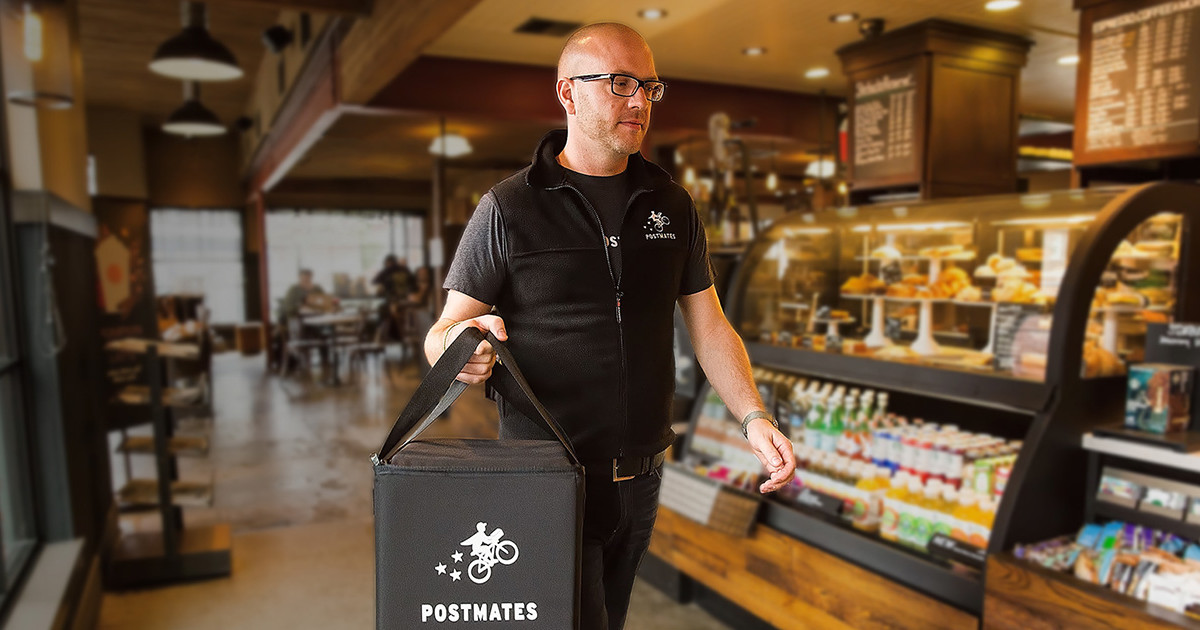People are Dragging This Study on Happiness

By:
Buying things might not make you happier, but spending money on time-saving services such as maids and food delivery will. At least, that's according to a new study, which has received a fair amount of criticism.
 Postmates - postmates.com
Postmates - postmates.com
People aren't necessarily arguing with the findings of the study, published this week in the Proceedings of the National Academy of Sciences and authored by a team of researchers. It seems pretty self-evident that paying someone to clean your house and cook your food—freeing you up to do the things you enjoy—would be linked to increased life satisfaction.
But it's the perceived obviousness of that conclusion, and the fact that it seems to overlook the lack of a discretionary income for the poorest households, that's raised eyebrows.
The study's authors made a quick note that their research "included relatively few people at the lowest rungs of the income spectrum," which "[leaves] open the supposition that the benefits of buying time would not emerge for individuals struggling to meet their own basic needs."
Case in point: the people who are being hired to perform these time-saving tasks.
The point of the study was to explore how to reduce the negative effects of time scarcity, which is a problem that the researchers said people with higher incomes disproportionately experience. With the advent of the gig economy—an industry that functions in large part to offer services related to time-consuming tasks such as picking up food, tidying up, and commuting—the researchers sought to confirm the relationship between paying for time-saving services and happiness.
 FreeStockImages - freestockphotos.biz
FreeStockImages - freestockphotos.biz
It turned out to be true, based on a series of surveys conducted, which involved more than 6,200 people from the U.S., Canada, Denmark, and the Netherlands. Spending discretionary incomes just on material things didn't seem to make people happy; what they really crave, the study showed, was free time.
The exclusion of a significant sample size of people in the lowest income bracket is what made the conclusion feel tone deaf to some.
As the study authors acknowledge, for example, one factor that has enabled people to use their discretionary incomes for time-saving services is the rise of the sharing economy. But people who work in the sharing economy often earn lower-than-average incomes, with few, if any, benefits such as employer-based health insurance, vacation time, or sick days.
In other words, the study's findings confirm that the thing that makes people happy is the very thing that's out of reach for many people who are providing these time-saving services: time and the discretionary income to create more of it for themselves.
